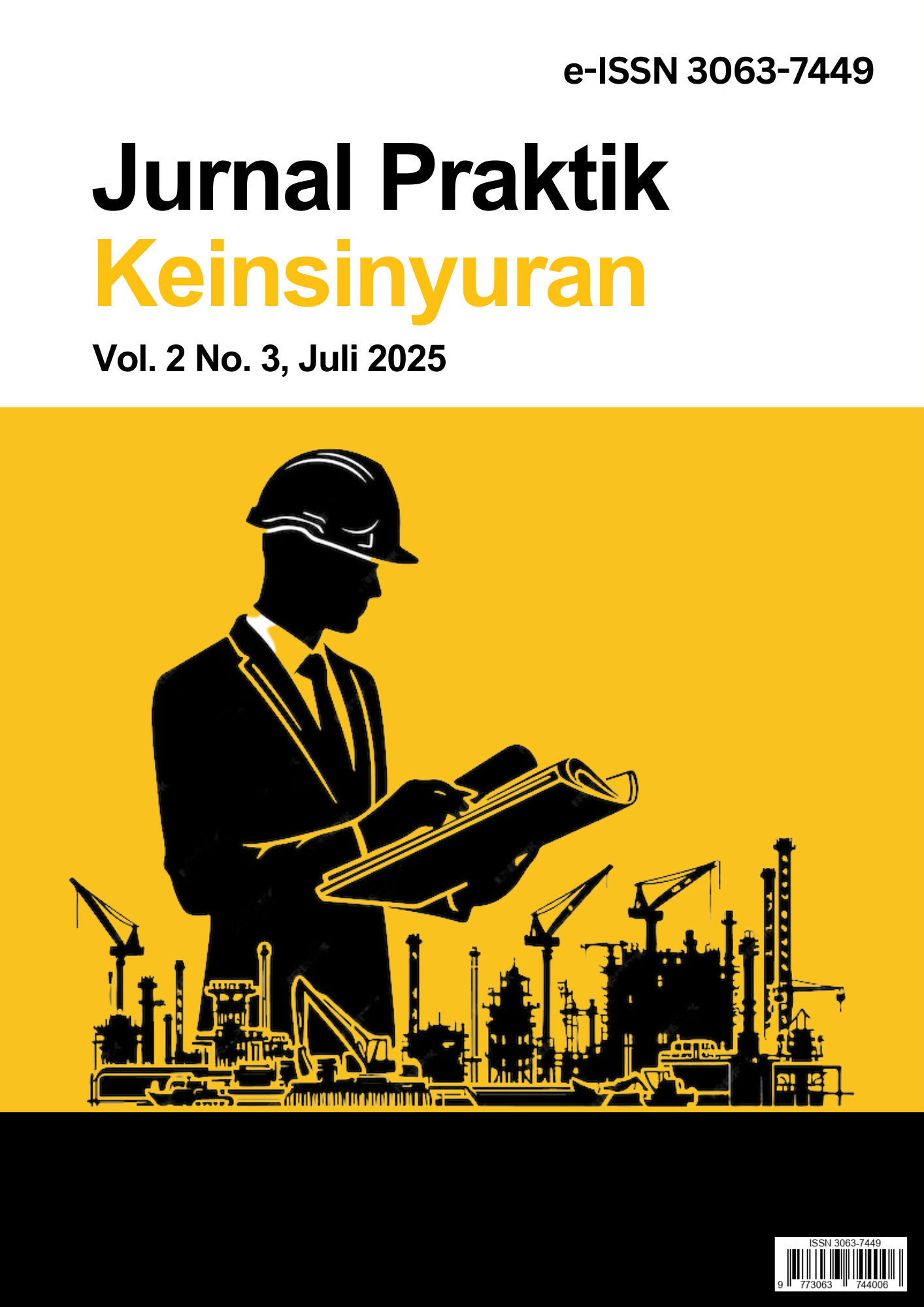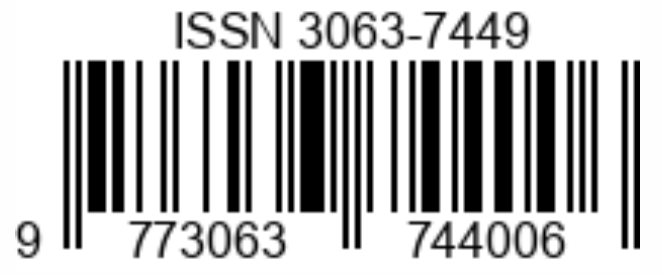Implementasi Warehouse Management System (WMS) untuk Meningkatkan Kinerja Warehouse pada Perusahaan Otomotif
DOI:
https://doi.org/10.25170/jpk.v2i03.6873Keywords:
Warehouse Management System (WMS), warehouse performance, warehouse activityAbstract
The implementation of a Warehouse Management System (WMS) is a strategic step to enhance efficiency and accuracy in warehouse operations, particularly in the automotive industry, which faces high complexity in its supply chain. This research is motivated by the need for automotive companies to improve logistics performance, reduce delivery errors, and accelerate the distribution process of components. The objective of this study is to evaluate the impact of WMS implementation on warehouse performance, focusing on operational efficiency, inventory accuracy, distribution speed, and the defect ratio in component supply services. The research employs both quantitative and qualitative case study approaches through data collection before and after WMS implementation, field observations, and interviews with relevant personnel. The findings indicate that WMS implementation improves warehouse process efficiency, reduces picking time, increases stock data accuracy, and decreases component delivery shortages. Despite several challenges such as technology adaptation and workforce training, the success of implementation is strongly supported by management commitment and infrastructure readiness. support logistics optimization in automotive companies.
References
Akbar, M, & Fajar, A. (2024). Evaluation of the Warehouse Management System Application Using Delone and McLean Model in North Jakarta Indonesia. International Information and Engineering Technology Association (IIETA), 29(6), 2515 – 2524.
Alamsyah, U., Muftiadi, A., & Arifianti, R. (2024). The Effectiveness of Implementating Warehouse Management System on Productivity Improvement and Stock Accuracy (A Case Study on FMCG Logistic Service Companies in Palembang, Indonesia). Eduvest-Jounal of Universal Studies, 4(7), 6492 – 6506.
Azzahra, S, & Fauziah, L. (2023). Efektivitas Penerapan Warehouse Management System (WMS) pada Gudang PT XZY. Jurnal Bisnis, Logistik dan Supply Chain (BLOGCHAIN), 3(2), 79 – 82.
Faturrochman, M, & Yaasin, T. (2024). Efektivitas Subsidi Kendaraan Listrik terhadap Perkembangan Industri Otomotif dalam Mewujudkan Program Making Indonesia 4.0. Jurnal Bisnis, Journal of Environmental Economics and Sustainability, 1(1), 1 – 17.
Frazelle, E. (2002). Word Class Warehousing and Material Handling. McGraw-Hill : New York - US.
Haasanah, H, & Daurohmah, E. (2024). Warehouse Management System Analysis. Jurnal Jambura Accounting Review, 5(1), 40 – 49.
Lee, R, I., Alvina, C., & Pawitan, G. (2025). Efektivitas Penerapan Warehouse Management System (WMS) dalam Menopang Operasi E-Commerce IN ONDERDIL. Jurnal Media Informatika (JUMIN), 6(3), 1714 – 1722.
Martono, R. (2015). Manajemen Logistik Terintegrasi. Penerbit PPM : Jakarta - Indonesia.
Mekari Jurnal. (2025). Optimalkan Manajemen Gudang dengan Warehouse Management System. (https://mekari.id). Diakses tanggal 20 Juni 2025.
Putra, A., Wibisono, D., & Muhandhis, I. (2023). Rancang Bangun Sistem Management Gudang di PT XYZ. The Journal of System Engineering and Technological Innovation (JISTI), 2(2), 163 – 171.
Rizki, M., Zarory, H., & Lutfi, A. (2023). Development of Warehouse Management
System Using IoT for Halal Supply Chain. International Journal of Science and Society, 5(5), 507 – 514.
Sihaloho, T, & Hidayati, N. (2023). Pengaruh Penerapan Warehouse Management Terhadap Kinerja Operasional Pergudangan Perusahaan Logistik XYZ. Jurnal Manajemen IKM, 18(2), 101 – 112.
Warman, J. (1971). Warehouse Management. Williem Heinemann : London - England.




